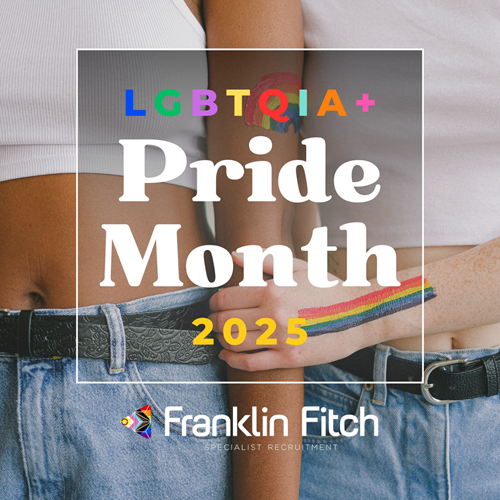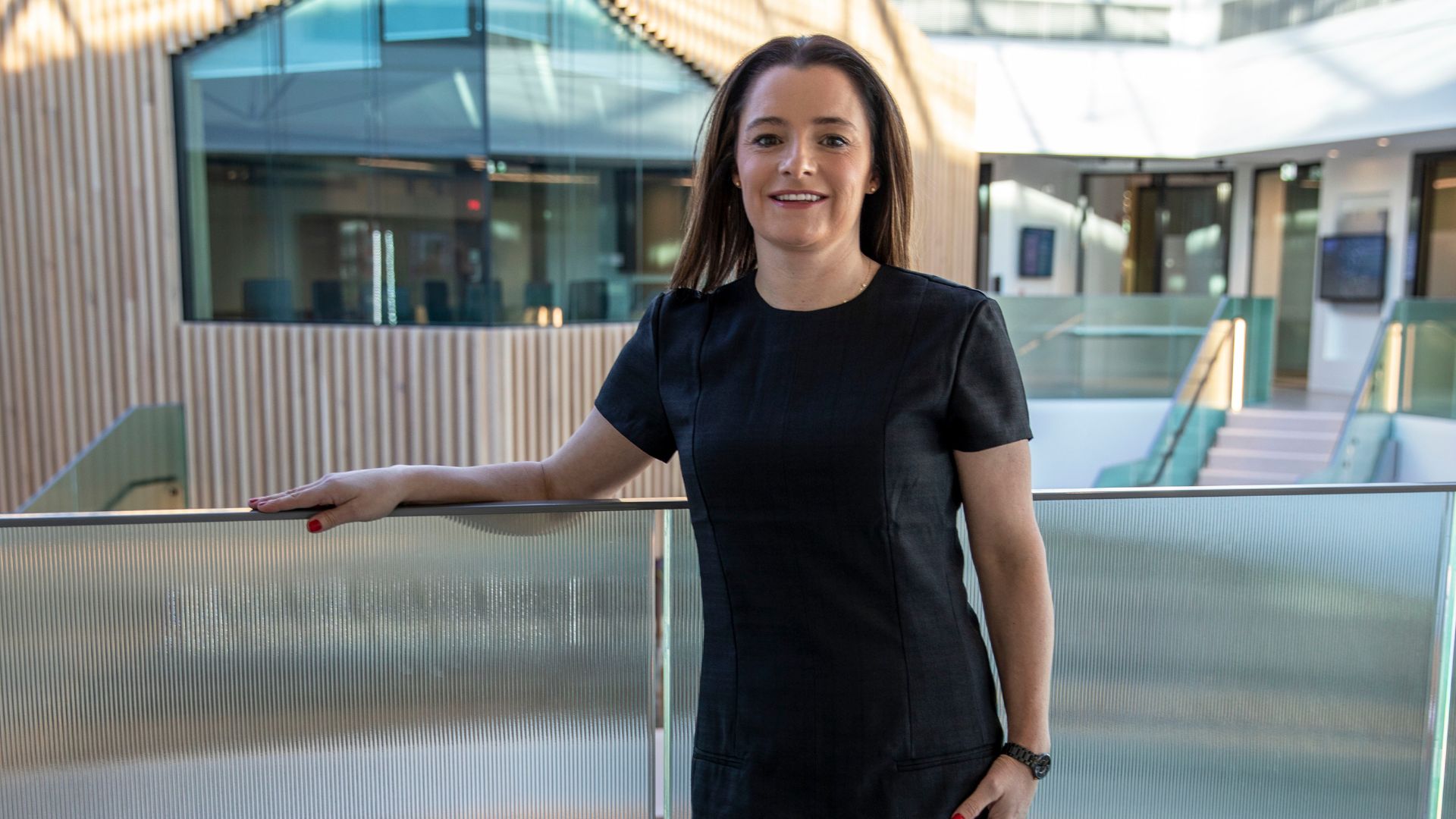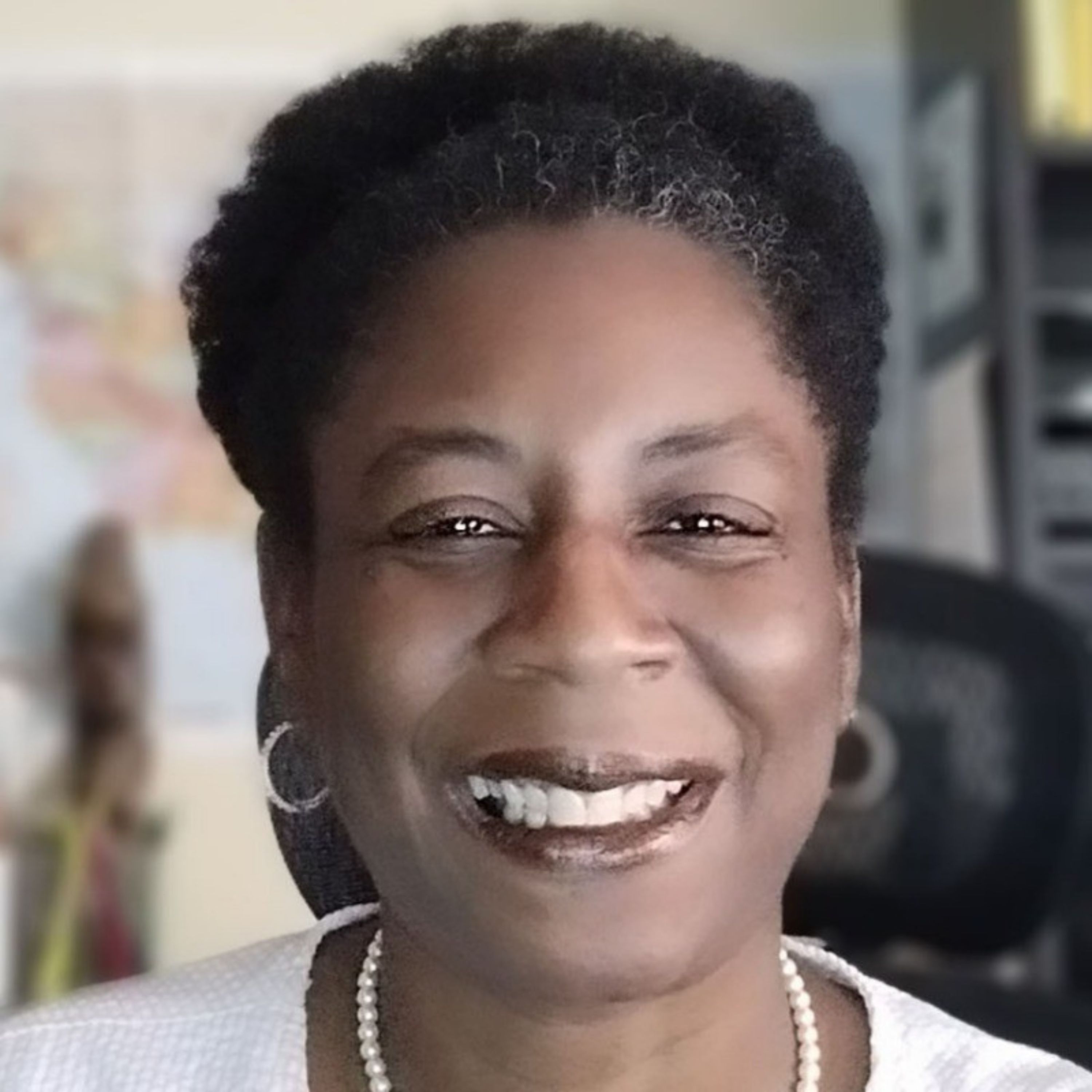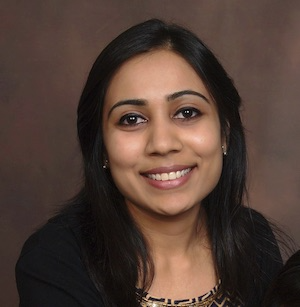
Tech Talent Spotlight Series: Kirsty Charleson
12 Feb, 20245 minutesKirsty is an accomplished Director with over 24 years of diverse experience spanning public,...

Kirsty is an accomplished Director with over 24 years of diverse experience spanning public, private, and non-profit sectors. Throughout her career, Kirsty has demonstrated a passion for defining and implementing customer-focused strategies to deliver new programs products, and solutions on a global scale. With a background that includes living and working in 7 countries, Kirsty has gained valuable insights into cross-cultural dynamics and leveraged this knowledge to drive organizational growth and success.
As a Principal Lead Program Manager in Microsoft Dublin, Kirsty leads and is responsible for developing systems and processes on Microsoft SAP Platform. Her role includes ensuring that Microsoft is globally compliant from a Tax perspective. Kirsty and her team collaborate with over 20 different engineering teams in Microsoft, who strive to create best-in-class solutions.
Kirsty is dedicated and passionate about promoting diversity & inclusion both inside and outside Microsoft. Kirsty is the D & I lead for Microsoft and a Director for the non-profit Women-in-Tech, whose mission is to empower 5 million women and girls into Tech by 2030.
What role do you currently hold, and what aspect of your work excites you the most?
I'm currently a Product Director in Microsoft Cloud & AI Business, a Member of the European Development Centre Advisory Board and Lead for Diversity & Inclusion, a Director for Women in Tech, and an experienced Mentor. The thing that excites me is the significant advances in Technology and the innovation that is been driven using Artificial Intelligence across every type of business. This new tech is moving the dial on how companies will operate in the future.
In your opinion, how has the landscape for women in the tech industry evolved over the past five years?
There have been notable changes in the tech industry in many areas such as representation, awareness, support, education, and action.
We continue to see a more enhanced and deliberate focus on DE & I. I have seen examples of both public and private sectors making a conscious effort to recruit and retain more women and under-represented groups in the workplace. Organizations are implementing programs across recruitment, building awareness and consciously building development programs to offer equal opportunities for all.
- Start-ups – data is showing that there was a significant rise in female-led start-ups during the pandemic. During the last 5 years, the funding for these has started to improve but is still quite far off being equal, when you look at figures of female under-represented groups there is a huge amount that needs to be done.
- Greater Awareness - There is now a greater awareness and consciousness of discrimination and harassment in organizations. Thankfully companies have recognized this, and more and more are implementing targeted policies and procedures to address the issues and are encouraging people to have a voice and speak up.
- Education – The level of progress has been increasing in terms of diversity in technology education. Universities and educational institutions are now offering more programs and resources to encourage, attract, retain and support diverse groups in a wider range of technology fields. An amazing example of this is Dream Space at Microsoft Ireland. It provides immersive, research-based STEM experiences for students, teachers, and communities to enhance their STEM skills alongside crucial social-emotional skills such as empathy, creativity, ethical decision-making, and collaboration.
While I have seen some positive change for women in tech over the last number of years, we all need to take ownership and move the dial together. We need to support each other and not create additional barriers that are preventing under-represented groups from being successful in tech and STEM.
As a Mentor in the Microsoft Female Start-ups Founders program, could you elaborate on your responsibilities and the reasons behind your decision to take on this role?
I enjoy being a mentor and truly value the opportunity to give back and support others in the growth of ideas, themselves, and their companies. To be able to listen, understand, and when appropriate share experiences. Sometimes, I must be the person to ask the difficult questions, identify gaps, highlight areas that are not clear from a customer perspective, or give feedback that is hard to hear - all of which are part of the learning & startup journey.
Reflecting on your experience as a woman in tech, what valuable insights or lessons have you gained?
One insight I have learned and been fortunate to have in each role (not just in tech). Was that I have always had great allies and mentors around me, one or two key people whom you can seek counsel from and trust implicitly to politely challenge your perspective, help evolve your thinking, and develop your ideas. Sometimes the best ideas are not the original seed you started with but the ones that have evolved through your thinking being challenged, and ideas being tested.
How can we promote greater participation of women in tech careers and address the existing gender imbalance, in your view?
We can promote greater participation in multiple ways – through greater visibility in the earlier years of what a career in technology might look like. Demystifying and giving transparency to roles in tech by showing the diverse range of skills and roles that are available. I have students tell me they love art so have never considered technology. I then explain that every application requires a creative mind and talk about the different creative roles that exist. Almost every industry already leverages or will leverage technology in some shape or form, the industry needs people with all different experience and perspectives to truly make the products inclusive and usable for everyone.
What motivated your involvement in Women in Tech, and what objectives does the organization aim to achieve?
Women in Tech is an amazing organization, and I was inspired to join because of Founder and CEO Ayumi Moore Aoki’s vision to create a global movement to empower 5 million women and girls into STEM by 2030. Ayumi’s vision and energy is truly remarkable. With the help of the growing voluntary network of amazing individuals, we are creating opportunities and developing Women in Tech at a global and local level.
We have provided in-person access to education in technology in Burundi, Brazil, and South Africa and delivered access to mentoring programs, networking, and online education globally. Chapters in Ireland and the UK will be launched soon and will support more localized development to encourage and support women in tech.
From your perspective, what advice would you offer to companies seeking to establish the necessary infrastructure for nurturing female talent, closing the skills gap, and fostering greater representation of women?
In my experience, one size or approach does not work for all companies but there are some fundamental basics to attracting, developing, and retaining female talent. Companies should consider everything from the language used in role vacancies, ensure diversity across hiring teams, and regularly review the talent pool and all upskilling requirements. Have regular career discussions, understand what is important to their employees, and nurture the talent. Provide access to different methods of learning for everyone. What might work for one may not work for another. Develop talent on an individual basis and create an environment that allows all employees to thrive not just women. Allow and create a safe space for discussions to happen and people to learn. Listen to what challenges women experience that can be blockers for them becoming successful and help remove those blockers to provide a place for them to thrive.
Lastly, continue to look for ways to create interest in STEM in the earlier years, and provide role models so that girls and young women can visualize themselves being in those roles.
What fundamental change would you like to witness in the tech industry to better support and empower women?
Women need more genuine allies and supporters. People who will be a voice for women and promote and highlight work being done even when the women don’t have the voice or confidence to do it themselves.
People who understand that they are often balancing caring of some kind outside of the workplace, elderly relatives, childcare, and running a home.
People who can see potential and provide mechanisms and support models to harness the different perspectives and ideas and help guide them in the right direction.
What guidance would you share with fellow women aiming to advance and thrive in the dynamic field of technology?
I would say continue to be your authentic self. Believe in your ability, be confident in your delivery, support others, and be empathetic, and transparent. Know your areas for development and seek new ways to grow your skills and experience. Be intentional and thoughtful about each career move you make. Trust yourself the value you add and the different perspectives you bring.
A huge thank you to Kirsty for dedicating your time to this interview, your insights and experiences are remarkable and we are grateful you allowed us to give you this platform. If you would like to find out more information about Kirsty then head to her LinkedIn profile here.
If you, like Kirsty, have an inspiring story to tell within Technology or IT Infrastructure then please get in contact today for us to share your story.






